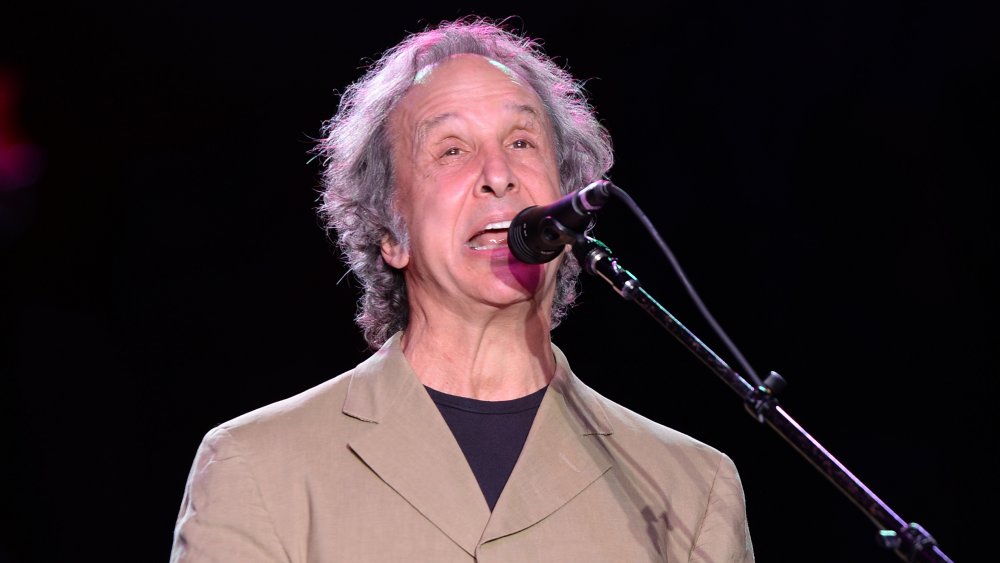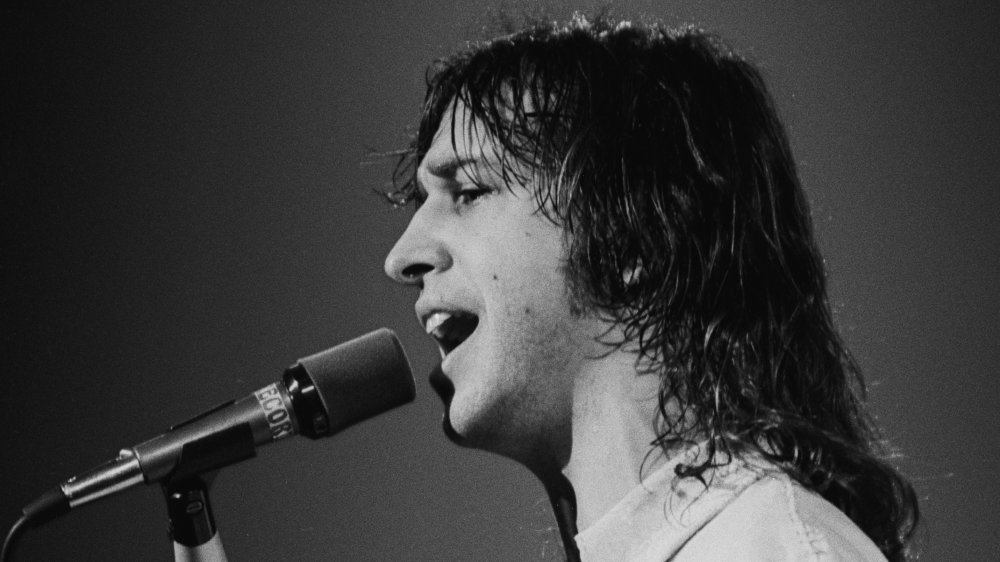The Real Reason Steve Walsh Left Kansas
Some people are quite content to do the same job, for the same company, for their entire working lives. Or maybe working their way up. Other people need to move around, do the same job but in a different environment, with different co-workers, to keep the ol' creative juices flowing. And every so often, someone achieves fame and fortune and looks around and says, "Nope. Don't wanna. Not gonna. Can't make me."
Take, for instance, the prog-rock band Kansas. The roots go back — way back — as these things tend to do, but by 1970 they were performing as Kansas with the key personnel who would find success together when Leftoverture hit in 1976, propelled by the success of the single "Carry On My Wayward Son." Kerry Livgren and Steve Walsh were doing most of the writing for the band, which followed up that phenomenal success with even more sales of "Dust in the Wind," from the next album, Point of No Return. In the midst of the concerts, the record sales, the fame, the acclaim, someone must have asked, "Is that all there is?"
Walsh had been part of Kansas since the early 1970s
And that someone was Steve Walsh, who departed the group for the first time in 1981, as Ultimate Classic Rock remembers. "Creative differences" were cited, perhaps at least in part because Livgren had experienced a religious conversion and seemed increasingly uncomfortable with the kind of material Kansas recorded and performed. Livgren left, too, at the end of 1983, and by 1985 Walsh was back, this time to stay — for a while, at least.
By 2014, however, it was clear to bandmate Richard Williams that Walsh simply lacked the drive to continue. As Louder Sound reports, after more than 40 years of rock-and-roll, Walsh was suffering from vocal problems. In addition, he was struggling with motivation. "It wasn't like we wanted to get him out of the band," said Williams. "He just wasn't enjoying it anymore.... I said to him point blank, 'As much as I love doing this, you hate it an equal amount' ... . I really felt for him and eventually Steve said, 'I've had enough.'" As Ultimate Classic Rock relates, Walsh's own explanation was simple and to the point: "it's time for me to go, and yes, it makes me sad to have to admit that."

